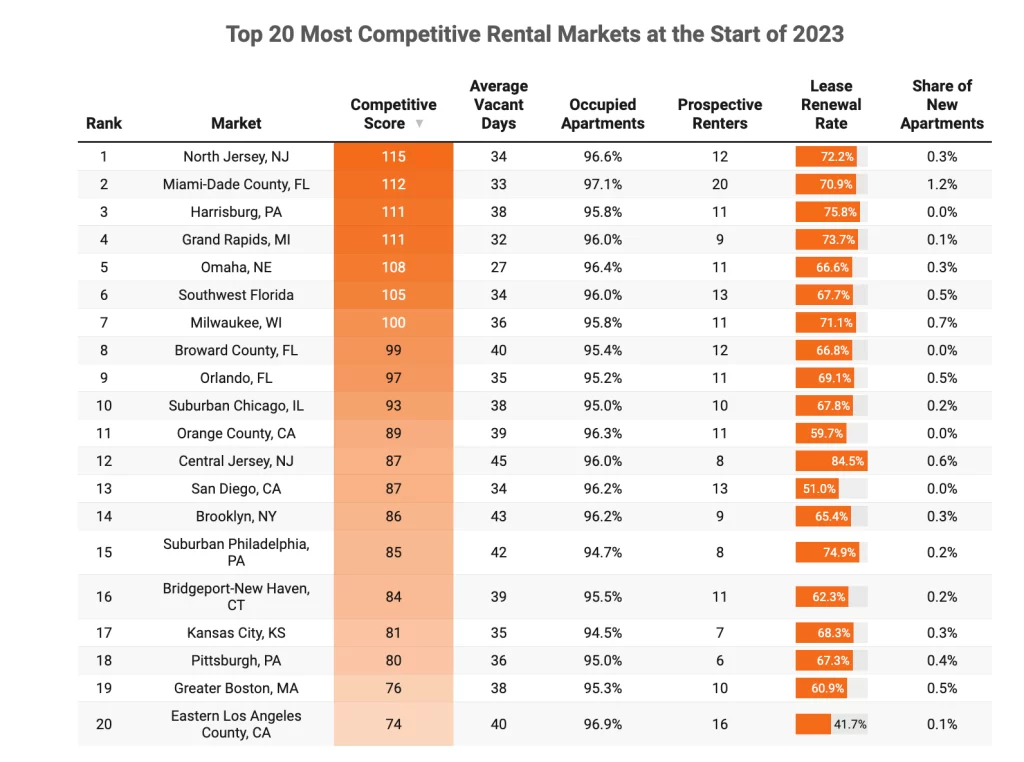From CNBC:
More home sellers are sitting out of the spring housing market
It might seem like a great time to list your home for sale. Buyers are flooding back into the market, mortgage rates have fallen off their recent highs, and there are still far too few homes for sale to meet demand. But potential sellers aren’t budging.
New listings continued to fall in March, according to Realtor.com, down 20% from the same month last year. That decline in new listings outpaced the 16% drop posted in February. New listings in March were nearly 30% below pre-pandemic levels.
The active inventory of homes for sale is, however, 60% higher than the start of last spring, but that is only because homes are taking longer to sell. Inventory is also half of what it was at the start of spring in 2019, before the Covid pandemic caused an unprecedented run on housing.
Homes are now sitting on the market an average of 54 days, up from an average of 36 days at the start of last spring. Time on market was longer in all of the top 50 metropolitan markets, but the greatest increases were in Raleigh, North Carolina (up 42 days), Kansas City, Missouri (up 37 days), and Austin, Texas (up 37 days).
“Amid fewer new choices on the market and still rising home prices, home shoppers have shown that they are very rate sensitive, only jumping back in the market when rates dip, and so what happens with rates this spring will likely play a strong role in determining whether the housing market bumps along or picks up speed this year,” said Danielle Hale, chief economist at Realtor.com.

